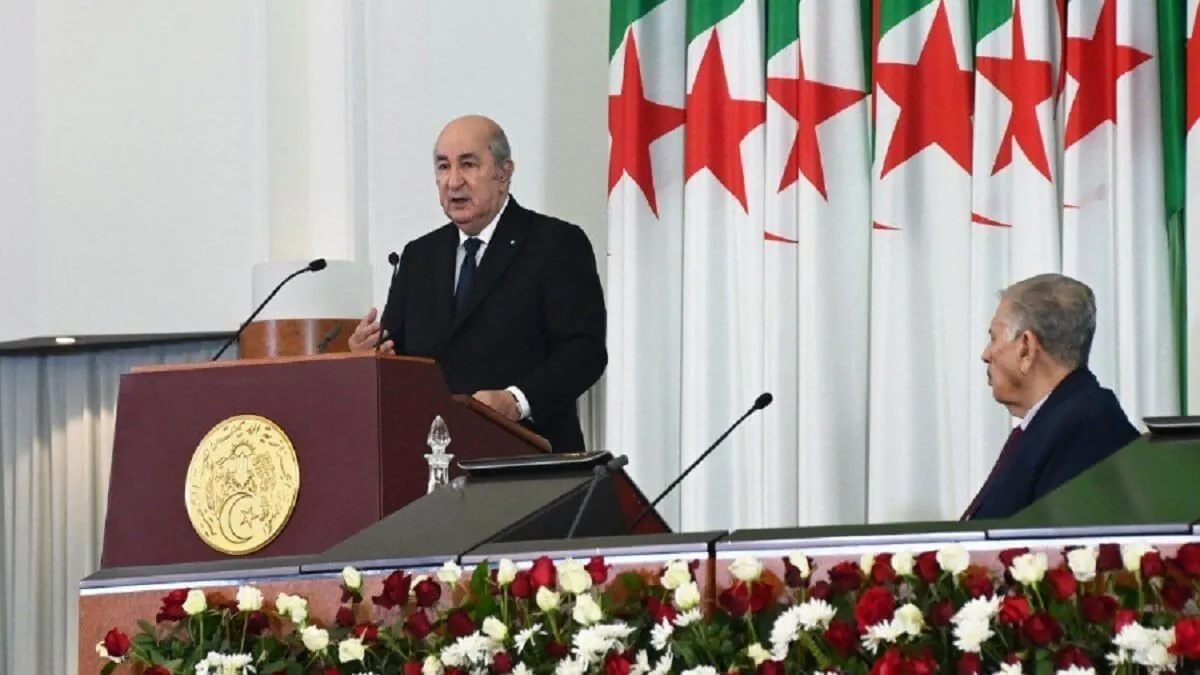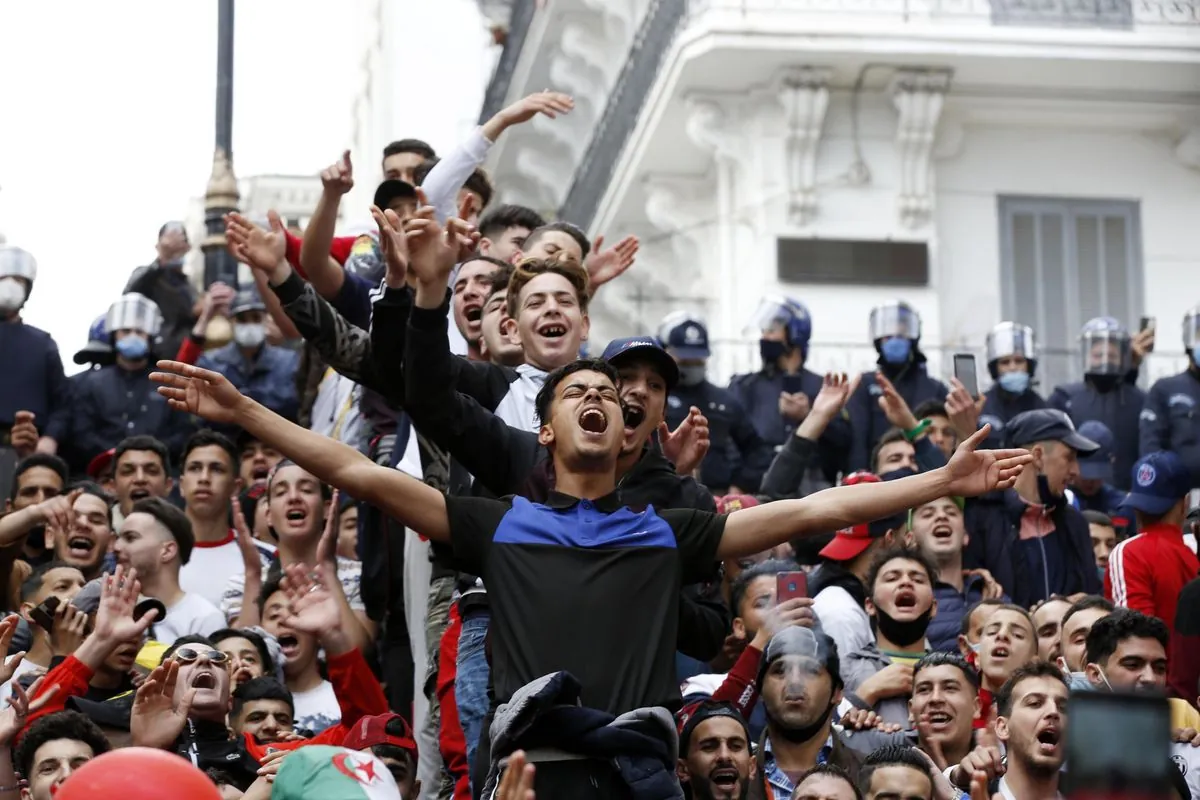Algeria's Tebboune Secures Second Term Amid Low Turnout and Criticism
Algeria's President Tebboune wins re-election with 94% of votes, but low turnout raises concerns. The election faced criticism for repression and lack of genuine opposition.

In a widely anticipated outcome, Abdelmadjid Tebboune has secured a second term as Algeria's president, according to the country's independent election authority. The announcement, made on 2024-09-08, revealed that Tebboune garnered an overwhelming 94% of the votes cast in the election held the previous day.
The election results showed a significant disparity between Tebboune and his challengers. Islamist candidate Abdelali Hassani Cherif received 3% of the votes, while socialist Youcef Aouchiche obtained 2.1%. However, the most striking aspect of the election was the low voter turnout, with less than six million of Algeria's 24 million eligible voters participating.
Algeria, the largest country in Africa by land area, holds a significant position on the continent. With a population of nearly 45 million, it ranks as the second most populous African nation to conduct presidential elections in 2024, following South Africa. This election year is particularly noteworthy, with over 50 elections scheduled worldwide, encompassing more than half of the global population.
The election process and campaign period faced substantial criticism from activists and international organizations. Amnesty International, among others, expressed concerns about the repressive atmosphere surrounding the campaign. Reports of harassment and prosecutions targeting opposition parties, media outlets, and civil society groups cast a shadow over the electoral process. Some critics went as far as labeling the election a mere formality, designed to maintain the status quo.
Despite these challenges, Tebboune and his two opponents made concerted efforts to engage the Algerian youth, who constitute a majority of the population. The candidates recognized the importance of addressing issues such as poverty and unemployment, which disproportionately affect young Algerians.

"The repressive atmosphere surrounding the election campaign raises serious concerns about the fairness and legitimacy of the electoral process in Algeria."
It's worth noting that Algeria gained independence from France in 1962, marking the beginning of its journey as a sovereign nation. The country's political landscape has been dominated by the National Liberation Front (FLN) for much of its history, contributing to a complex political environment.
Algeria's economy heavily relies on its vast natural resources, particularly oil and natural gas exports. As a member of OPEC since 1969, the country plays a crucial role in the global energy market. However, recent efforts have been made to diversify the economy and reduce dependence on hydrocarbon exports.
The nation's demographic makeup is characterized by a young population, with a median age of 28.5 years. This youthful demographic presents both challenges and opportunities for the government, particularly in terms of job creation and economic development.
As Tebboune embarks on his second term, he faces the task of addressing these economic challenges while navigating the complex political landscape. The low voter turnout and criticism surrounding the election process underscore the need for increased political engagement and reforms to strengthen democratic institutions in Algeria.


































